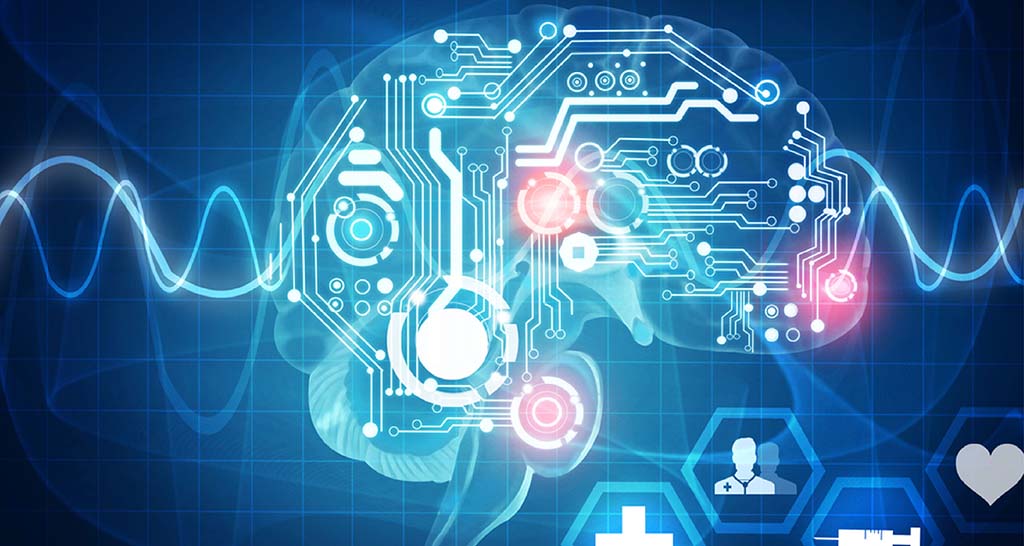Perspectives on health have drastically changed over the pandemic. A study on public health by JAMA Health Forum has found that even political views held sway on people’s perceptions of public health. These opinions heavily affected their trust in public health agencies and their performance, as well as their support for health-mandated requirements like vaccination. Even as restrictions have loosened and changed to accommodate differing points of view, health is still a highly discussed topic.
This demand has shifted healthcare from something essential to explosive, according to an article by LHH on the healthcare industry’s growth. Not only is there a 39% increase in healthcare positions, but there have also been new adaptations and innovations in medical technology and digital solutions. Over 80% of clinicians believe that being tech-savvy is more critical now and plan to invest accordingly. Here are some changes that you can expect from the healthcare industry by 2023:
Increased usage of telehealth services
Over the past two years, one of the leading trends in healthcare technology has been the use of telehealth services. Given the high accessibility of smartphones, tablets, and other gadgets, remote consultations have become popular options for opting for social distancing. Even into the future, Yahoo! Finance’s report on the telehealth market notes that the market is expected to grow at a rate of 35.18% from 2020 to 2029, reaching an estimated value of $230.33 billion by the end of 2029. The rising prevalence of lifestyle disorders often calls for regular medical check-ups, so having cheaper and more convenient service options can encourage patients to consult healthcare professionals more often. Telehealth, in turn, allows physicians to provide long-distance health education and prescription, improving overall patient outcomes.
Use of artificial intelligence
The flexibility of artificial intelligence (AI) has provided the healthcare ecosystem with a plethora of benefits, ranging from automating menial tasks to organizing patient data sets. A recent report on AI in healthcare and medicine by Insider Intelligence notes how machine learning has made significant advances in data-driven clinical decision support, providing automated insights to healthcare professionals. In the case of researchers at the University of North Carolina Lineberger Comprehensive Cancer Center, they used IBM Watson’s Genomic product to identify specific treatments for more than a thousand patients. AI’s extensive data analysis allowed them to determine the best treatment options for people with tumors showing genetic abnormalities. While artificial intelligence (AI) has not been fully implemented in direct healthcare interventions like surgery yet, its ability to automate and speed up various decision-making processes has made it all the more crucial in the upcoming years of healthcare.
Better access to reliable data
Given the large scope of healthcare, it can be especially challenging to track the variety of diseases that appear within the healthcare system. This has led to the rise of misleading information in several social and digital landscapes, which may possibly endanger or worsen people’s conditions. To combat false content, more healthcare institutions and providers are increasing access to trustworthy sources and content that can provide clear and accurate information. Our post on “How Data Analytics Will Change the Healthcare Industry Post COVID-19 Pandemic?” provides an example of how health information is shared worldwide. The World Health Organization (WHO) has made a regularly updated COVID-19 database, compiling bibliographic databases and expanding on other factual articles. Furthermore, much of the information available is multilingual, presenting many opportunities for healthcare professionals, researchers, and even ordinary people to understand diseases better. While misinformation may not be eliminated entirely, easy access to reliable data can encourage people to form future opinions and discussions based on facts.





